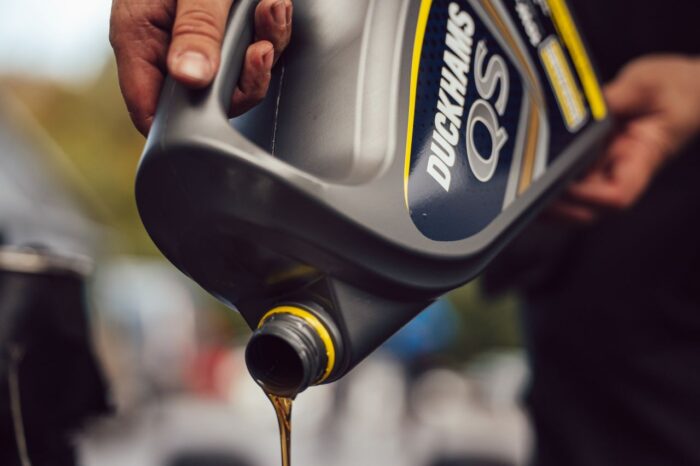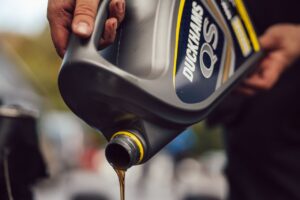WHISKY CO PRODUCTS HELP SAVE THE AMAZON FROM INTOXICATION

A Scottish environmental technology company is helping to protect local rivers and water sources from pollution related to gold mining, as part of a global initiative to address the social and environmental cost of artisanal and small-scale mining in the Amazon region.
Aberdeenshire-based SEM has taken its DRAM Filtration technology to Madre de Dios, Peru, to support a local miner clean up the waste material produced as part of the extraction process. The system will be used to treat contaminated water – which often contains a mixture of potentially toxic chemicals and waste metals – to a point where it can be safely released into the river.
The project forms part of the Artisanal Mining Grand Challenge, an innovation competition founded by Washington DC-based Conservation X Labs and supported by the United States Agency for International Development (USAID), the Gordon and Betty Moore Foundation, Microsoft, and Esri.
Just 13 projects were selected from over 120 international applications to the Artisanal Mining Grand Challenge. SEM was invited to take part after organisers read about filtration technology the company was developing in partnership with the University of Edinburgh and the Industrial Biotechnology Innovation Centre (IBioIC) last year.
Small-scale mining accounts for around one-fifth of newly mined gold production and are an important industry for many rural communities. However, it is also associated with hazardous working conditions and environmental concerns.
SEM’s DRAM technology uses co-products from the distillation of malt whisky, which act as a filter, to separate different types of waste metal by using chemistry and various biological processes including ion exchange. The valuable metals have the potential to be reused and resold – in this case offering an additional revenue stream for the miners – with the leftover liquid cleaned for safe discharge into the environment.
While the Madre de Dios site is primarily a gold mine, additional metals extracted include silver, copper, lead and mercury, which can be particularly problematic for aquatic life and even humans if it enters the food chain via water.
Leigh Cassidy, lead scientist at SEM, said: “Witnessing first-hand the impact of small-scale mining and the lack of regulation protecting communities in South America really highlights the need for a more sustainable approach to the traditional mining process. While, of course, it is many people’s livelihoods, at the moment it is causing a real environmental challenge with rainforest being cleared to make way for new mines and polluted water released into the Amazon.
There is also a challenge around infrastructure, and it is hard to put into perspective just how remote and inaccessible some of these jungle mines are. Whisky is obviously less easy to come by in Peru, but there is a growing craft beer scene and we are looking to collaborate with some of the nearby breweries to help fuel the DRAM tanks, as well as experimenting with the peelings of locally grown cassava.”
She said: “Importantly, the system operates without the need for electrical power. The ultimate aim of the challenge is to not only implement more environmentally friendly practices but to leave a legacy behind where local miners can continue to use the technology themselves for years to come. In doing so, we’re laying the foundations for a significantly more sustainable approach to mining. By acting today, we can save tomorrow.”
Liz Fletcher, director of business engagement at IBioIC, said: “It is fantastic to see technology developed in Scotland having a positive impact on communities and ecosystems on the other side of the world. Our work with SEM last year proved the case for the bio-based DRAM system, which could now play an important role in protecting the Amazon and transforming mining practices.
The grand challenge shows the power of collaboration and knowledge sharing between local industries, academics and technology experts, and we are excited to hear more about the results.”








